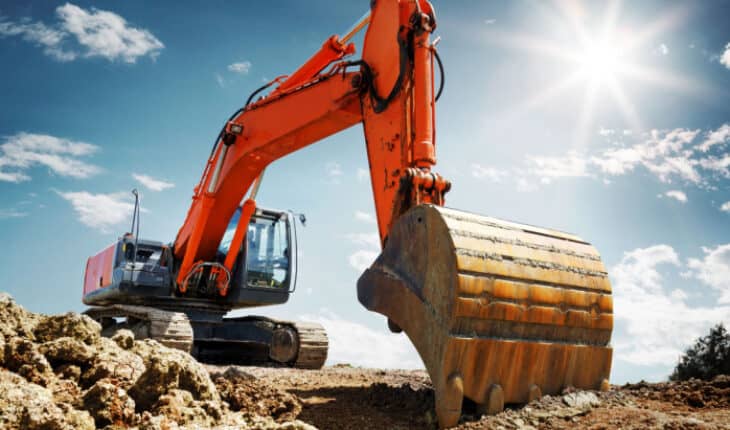Mining companies are shifting their focus to supporting employee well-being: A new Curtin-led report has found that Australian mining companies have a stronger focus on the physical health and safety of employees compared to employee mental health and well-being, followed by a respectful workplace culture.
The report, prepared by the Bankwest Curtin Economics Centre (BCEC) as part of a collaborative project led by the Centre for Transformative Work Design based at Curtin’s Future of Work Institute (FOWI), examined employee well-being in the mining sector and found that while the mining industry has made progress in supporting and prioritising employee well-being as well as preventing and addressing sexual harassment, there are still some areas for further development.
The report found only 22 per cent of mining sector workers were very satisfied with their overall job, with employees experiencing poor job satisfaction, job security and job prospects compared to other industries. By also reviewing secondary evidence from the Australian Human Rights Commission, it found the mining sector is one of the worst five industries in the country in relation to sexual harassment issues, with 40 per cent of workers and 74 per cent of female workers reporting sexual harassment in the last five years.
Principal Research Fellow Associate Professor Astghik Mavisakalyan from BCEC said the report findings should help mining sector companies to recognise changes that improve respect and workplace culture.
“The mining sector, particularly in Western Australia, is a major contributor to investment, jobs, exports and government revenues, yet faces unique challenges associated with remote working and travel, shift work, temporary accommodation, exposure to health and safety hazards and a male dominated workforce that potentially contribute to poor employee mental health and well-being,” Associate Professor Mavisakalyan said.
“The report develops a unique index to capture the prioritisation of employee health and well-being based on mining companies’ public reports and found many mining companies, particularly those that are larger or have women at the helm, are prioritising well-being. However, only 33 per cent refer to loneliness, social connection, or isolation in their reports, and only 50 per cent of mining companies refer to sexual harassment, assault, and sexism.”
Associate Professor Mavisakalyan said the mining industry also rated the lowest among all Australian industries for job satisfaction.
“We found that while mining sector workers experienced good physical health and were more satisfied with their jobs now compared to 15 years ago, the number of very satisfied workers was the lowest of all industries. The report also showed that the levels of high distress of mining sector workers had risen considerably in the past decade, from nine per cent in 2009 to 15 per cent in 2019,” Associate Professor Mavisakalyan said.
ARC Laureate Fellow and John Curtin Distinguished Professor Sharon Parker from FOWI said people spend a large amount of their life at work, so it is important to create safe and positive environments that support employees’ mental health and well-being, as well as their physical safety.
“Identifying and supporting employees who are experiencing poor mental health is an important step, but we also need to proactively create healthy work. This means developing work cultures in which women are welcome and accepted, as well as, for all workers, having meaningful jobs with decent rosters, acceptable levels of job demands, and supportive managers,” Professor Parker said.
“Having anti-harassment and mental health policies is necessary but not sufficient. These policies need to be backed up by on the ground support for the policies, such as effective systems for reporting harassment, and education and training of managers to effectively implement the policies.
“This report is the first contribution to a major project that is intended to promote positive and effective change for those working in the mining industry who might be experiencing poor mental health and well-being, as well as those subjected to sexual harassment in the workplace.”
The Centre for Transformative Work Design has also released a literature review report, which can be found online here. These are the first two reports being released for the Mental Awareness, Respect and Safety in the Mining Industry (MARS) Program, which was commissioned by the WA Department of Mines, Industry Regulation and Safety (DMIRS) in April 2022.
The report is titled, “Towards a healthy and safe workforce in the mining industry: A review and mapping of current practice,” and can be found online here.
- Combination of drugs could prevent thousands of heart attacks - 21st April 2025
- UQ Study Links Poor Teen Diets to Heavy Social Media Use - 21st April 2025
- Gut microbiome could delay onset of type 1 diabetes - 3rd April 2025






